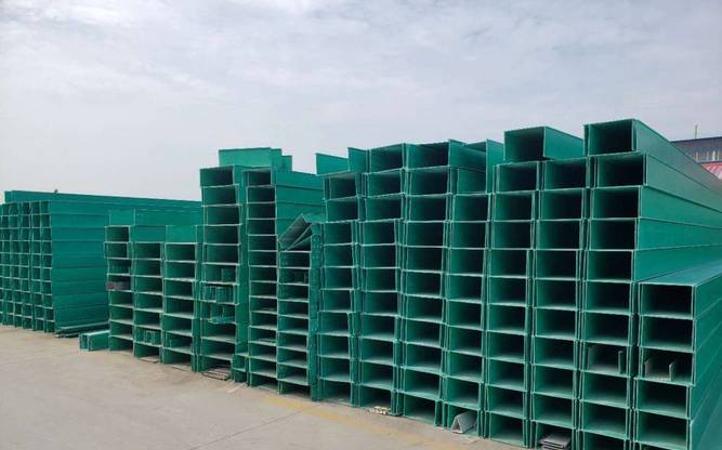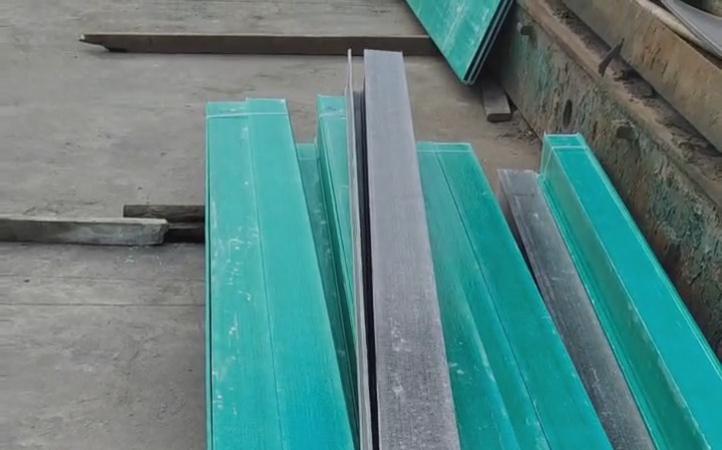frp pipe
update time: 2024-06-26 15:15:17
Industrial products like FRP (Fiber Reinforced Plastic) pipes are the backbone of various industries, providing essential infrastructure for their operations. These pipes are used in a wide range of applications such as chemical processing, water and wastewater treatment, oil and gas, and power generation. The production technology behind FRP pipes involves a complex and multi-stage process that ensures their quality, durability, and reliability in harsh industrial environments.
The first step in producing FRP pipes is the selection of raw materials. This includes resin, reinforcements such as fiberglass, and additives. The type and quality of these materials are crucial to the performance of the final product. The resin provides the base for the pipe, while the reinforcements give it strength and durability. Additives are used to enhance specific properties, such as corrosion resistance or fire-retardant properties.

Once the raw materials are selected, they are combined and converted into a form suitable for molding. The most common method for producing FRP pipes is filament winding, where continuous strands of fiberglass are impregnated with resin and wound onto a rotating mandrel. This process allows for precise control over the orientation and thickness of the reinforcement, resulting in pipes with excellent mechanical properties.
After the winding process, the pipes are cured to harden the resin and form the final shape. This is typically done in an autoclave or oven, where heat and pressure are applied to ensure proper curing and consolidation of the materials. Once cured, the pipes undergo secondary operations such as trimming, drilling, and surface finishing to meet the required dimensional and cosmetic specifications.

Quality control is a critical aspect of FRP pipe production technology. Throughout the process, various tests and inspections are conducted to ensure that the pipes meet industry standards and customer requirements. This may include non-destructive testing, dimensional measurements, and material analysis. Additionally, the production facility itself must meet stringent quality and safety standards to ensure the integrity of the final product.
Overall, the production technology behind FRP pipes requires a high level of expertise and precision to achieve the desired performance and reliability. With the right materials, processes, and quality control measures in place, manufacturers can produce FRP pipes that offer exceptional durability, corrosion resistance, and longevity in demanding industrial applications. As industries continue to evolve, the production technology for FRP pipes will also continue to advance, driving innovation and meeting the growing demands of industrial infrastructure.
In conclusion, the production technology of FRP pipes plays a crucial role in providing essential infrastructure for various industries. By carefully selecting raw materials, utilizing advanced manufacturing processes, and implementing stringent quality control measures, manufacturers can produce high-quality FRP pipes that meet the demanding requirements of industrial applications. As technology continues to advance, the production of FRP pipes will also evolve, driving innovation and addressing the changing needs of industrial infrastructure.